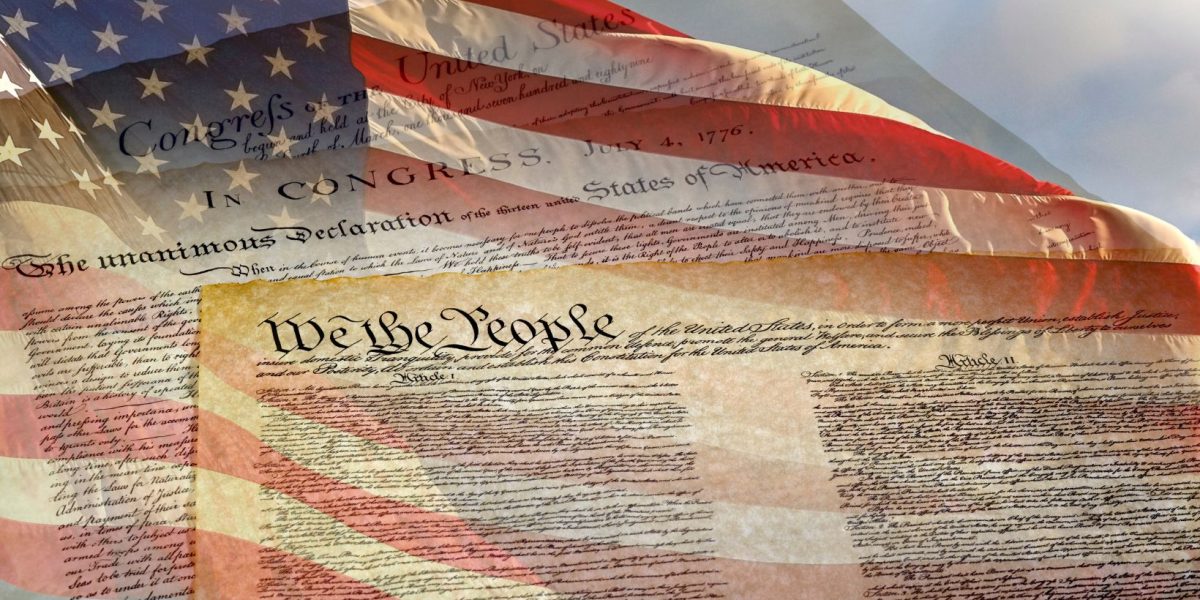A Cornerstone of American Democracy
The ratification of the 14th Amendment on July 9, 1868, marked a transformative moment in American history, reshaping the nation’s legal and social landscape. As a cornerstone of civil rights and equality, the 14th Amendment has had a profound impact on American society, law, and governance. Its significance lies in its broad and enduring implications for citizenship, due process, and equal protection under the law.
Historical Context
The 14th Amendment was born out of the tumultuous period following the Civil War, during the Reconstruction era. The nation was grappling with the aftermath of slavery and the need to integrate formerly enslaved people into American society as full citizens. The Thirteenth Amendment, which abolished slavery, was a critical first step. However, the legal and social status of African Americans remained precarious, with Southern states enacting Black Codes to restrict their freedoms and maintain racial hierarchies.
In response to these challenges, Congress sought to ensure that the principles of liberty and equality would be constitutionally guaranteed. The Civil Rights Act of 1866 aimed to secure these rights, but its permanence was uncertain without constitutional backing. Thus, the 14th Amendment was proposed to enshrine these protections in the Constitution.
Key Provisions
The 14th Amendment is composed of five sections, with the first section being the most influential. It includes several key provisions:
- Citizenship Clause: This clause grants citizenship to all persons born or naturalized in the United States, thus overturning the Dred Scott v. Sandford decision, which had denied citizenship to African Americans.
2. Due Process Clause: This clause asserts that no state shall deprive any person of life, liberty, or property without due process of law, providing a fundamental guarantee of fair treatment through the judicial system.
- Equal Protection Clause: This clause mandates that no state shall deny to any person within its jurisdiction the equal protection of the laws, forming the basis for combating discrimination and advancing civil rights.
Impact and Legacy
The 14th Amendment has had far-reaching implications for American society and jurisprudence. Its ratification marked a significant shift towards a more inclusive and equitable nation, laying the foundation for numerous landmark Supreme Court decisions and civil rights advancements.
- Civil Rights Movement: The Equal Protection Clause became a crucial tool in the fight against racial segregation and discrimination. Landmark cases such as Brown v. Board of Education (1954) used the 14th Amendment to strike down the doctrine of “separate but equal” and mandate the desegregation of public schools.
- Gender Equality: The 14th Amendment has also been instrumental in advancing gender equality. In cases like Reed v. Reed (1971), the Supreme Court applied the Equal Protection Clause to strike down laws that discriminated based on gender, paving the way for subsequent gender equality rulings.
- LGBTQ+ Rights: The amendment has played a pivotal role in advancing LGBTQ+ rights. In Obergefell v. Hodges (2015), the Supreme Court ruled that same-sex marriage is a constitutional right under the Equal Protection and Due Process Clauses of the 14th Amendment.
- Immigration and Citizenship: The Citizenship Clause has provided a clear and inclusive definition of citizenship, protecting the rights of children born in the United States to immigrant parents and ensuring that birthright citizenship is upheld.
Contemporary Relevance
The principles enshrined in the 14th Amendment continue to resonate in contemporary legal and social debates. Issues such as affirmative action, voting rights, police reform, and reproductive rights frequently invoke the 14th Amendment’s guarantees of due process and equal protection. As society evolves, the amendment serves as a critical framework for interpreting and expanding civil rights.
Conclusion
The ratification of the 14th Amendment stands as a monumental achievement in the pursuit of equality and justice in the United States. Its comprehensive protections for citizenship, due process, and equal protection under the law have had an enduring impact on American society, shaping the nation’s legal landscape and promoting the principles of democracy and human rights. As we continue to strive for a more just and inclusive society, the 14th Amendment remains a beacon of hope and a testament to the enduring power of the Constitution to effect positive change.



